Freshers, welcome to Cambridge Engineering! If you’re not reading this as fresher, it doesn’t mean this article can’t relate to you too. There are many things I wish I knew earlier and the good news for you is that I learned these tips the hard way so you don’t have to. Here are 10 things that I wish I knew before starting Cambridge engineering:
1. You don’t have to be good at every single module
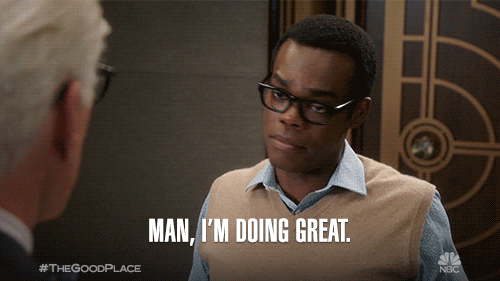
We have all started first year engineering being told that the perks of “general” engineering was that it consisted of a diverse selection of topics designed to give us a solid foundation in seven engineering principles. Each one is supposedly in almost as much depth as the content someone might learn in a specialised engineering degree at another university. This is all great until you realise, as was told to me by my DoS, that you are taking on eight times the workload of the average non-Cambridge engineering student.
You will soon find that you can’t ace every single topic without some potentially significant sacrifices of your social lives (unless you are super smart). But this is normal, and everybody is in the same boat as you too. The best thing to do is to focus on the modules you enjoy the most as you will realise that when you reach third or fourth year that you don’t really need most those other modules if you specialise. On average, many engineers perform less well in 1.5 of their 8 modules in second year. This doesn’t mean you should neglect any of the modules though – just make sure to prioritise the ones important to you and don’t feel bad about the ones you don’t do so well in!
2. Michaelmas break is not really a holiday!

Eight weeks in a term is not that much time. During term time you will be busy learning new content and then when the break comes, it can be easy to neglect revision. You may not have time to go over Michaelmas content in Lent term before Easter break, where you would then need to go over two terms worth of content and before you know it… BAM – it’s your exams.
It is recommended to spend the six weeks between each term wisely and to go for four weeks of revision and two weeks of holiday. Attempt at least one Tripos question from each paper during the Christmas break – they may seem intimidating or impossible at first but it’s good to get familiar with the style of questions. The best way to prepare for Tripos is to do past paper questions!
3. Use cribs wisely
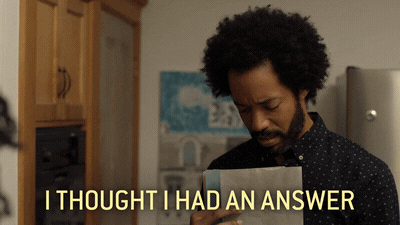
“Cribs” is the name given to solutions to the example papers which you will be given throughout the year and need to complete for supervisions. The example papers are designed to be challenging and some supervisors may even advise against using cribs, but there’s nothing wrong with using them. It’s never wise to just copy out a solution just so you can seem like you have done the work if you didn’t have enough time to prepare for a supervision beforehand. A good approach instead would be to:
- Attempt the question without notes
- If you get stuck, try to answer the question with lecture notes or recordings
- If you’re still stuck, follow through the crib and make sure you come away with a good understanding of the solution
However, do note that cribs can be wrong more often than you think, and it might not be obvious at first. This could be a dangerous time sink so if you find yourself spending a suspiciously long time understanding the crib, it’s probably wrong. It would also be fine to leave the most abstract concepts that form uncommon tripos questions – sometimes my supervisor doesn’t understand it either and would tell me to move on!
Of course, you should approach learning however you like best and if you prefer the challenge of not using solutions at all, be sure to time manage and remember to reach out to fellow engineers or your supervisors so that you don’t waste time being stuck.
Past papers, example papers and cribs can all be found here: https://camcribs.com/
4. You have a mock in January, and it’s not the end of the world
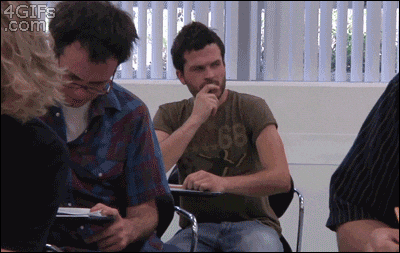
Don’t stress about the mock – if it goes well for you, hurray! If it doesn’t, it will probably be because you’re not used to answering Tripos questions yet. Use it as an opportunity to highlight the concepts you need to consolidate instead of treating it as an indicator of how you may perform in your final exams.
5. Take advantage of free tea and coffee in CUED!

Did you know that CUED offers free tea and coffee in the cafeteria everyday? Well now you do😉 – bring your own travel mug to pour yourself some between lectures! CUES also holds a weekly Engineering Café in the CUED library with an assortment of free food – the time and location is to be determined, but be sure to ask a member of CUES when term starts so you don’t miss out!
6. Don’t be afraid to be wrong and ask questions in supervisions

Supervisors are there to help you and I know a surprising amount of people who would rather keep their questions to themselves than ask their supervisor. Don’t worry what your supervisor may think and ask away! It is good to still be mindful of how you phase your questions – if you’re stuck on a concept, you could try to identify exactly what it is you don’t understand so that the questions you ask can efficiently lead you directly to the answers you are looking for.
7. Don’t stress about lengthy derivations line by line
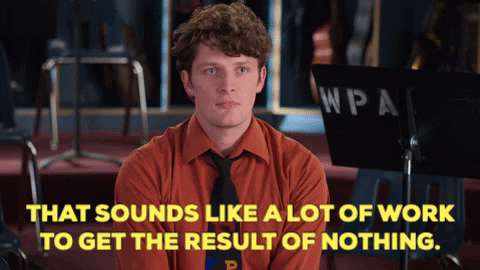
It’s rarely worth it and it is better to focus on the concepts. After doing a few tripos questions, you will realise that is quite different from A level (or equivalent) exams in the sense that you no longer need to show detailed lengthy derivations or working because it doesn’t get you any extra marks. To find that sweet balance of how much detail to include in your solution – you will know the more past paper questions you do!
8. Don’t stress about labs… it’s just standard credit!
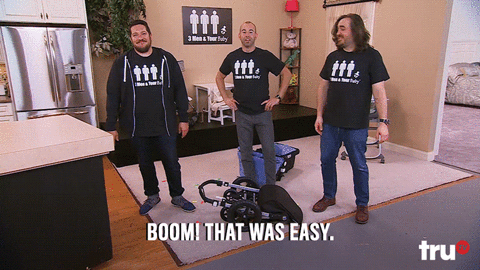
Basically, turn up to labs on time and do a decent job of it. As long as you do the required work (it doesn’t need to be perfect), you will get standard credit. In first and second year, this is like a “pass or fail” kind of thing – but trust me, as long as you turn up, it’s very hard to not get the standard credit you need. Do make sure you don’t throw away or lose your lab books after submitting lab reports though – redoing lab work and potentially losing standard credit is not worth the risk!
9. Use demonstrator sessions in projects sooner rather than later
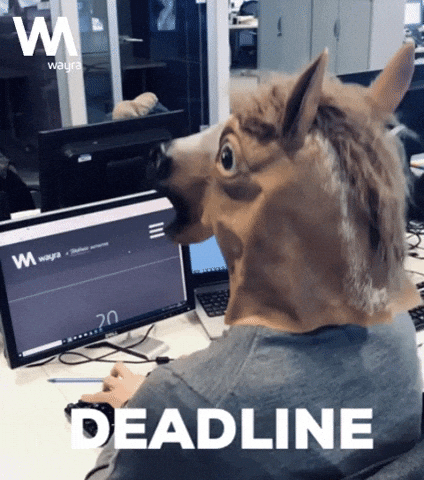
If you ever need help for a lab or a coursework project, there will often be helpdesks available at CUED or demonstrator sessions. You can save yourself a lot of stress and avoid missing lab deadlines (you don’t want to do this) by taking advantage of these sooner rather than later.
10. Join clubs in first and second year rather than later years
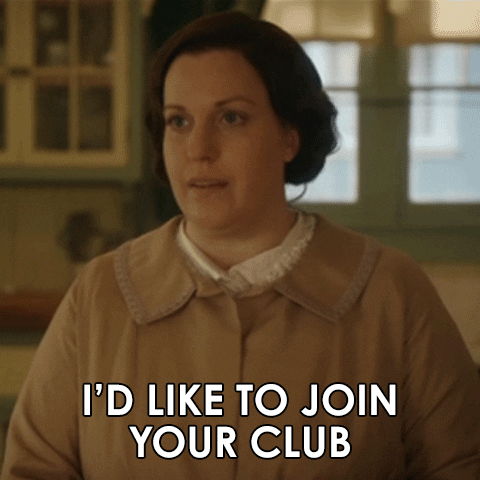
Third and fourth year engineering results matter a lot more than first and second year, meaning that you can afford to spend some more time on other activities in your first two years. Take that opportunity to join a society as early as possible and maybe make some new friends along the way!
Whew, that may be a lot to take in, but this concludes 10 things I wish I knew before starting Cambridge Engineering. Feel free to reach out to CUES at any point and we would be happy to answer any questions you may have about life as a Cambridge Engineering student!